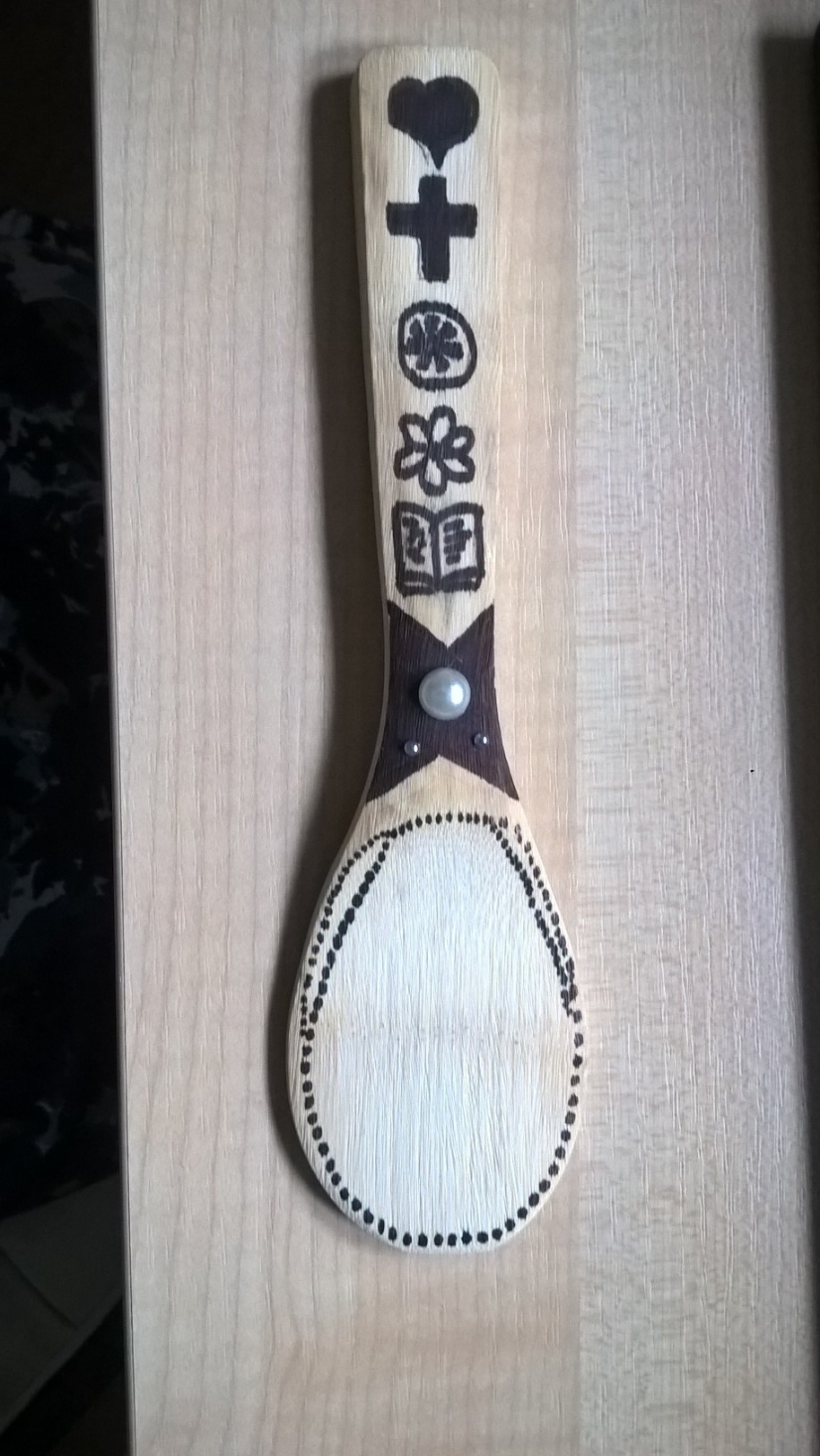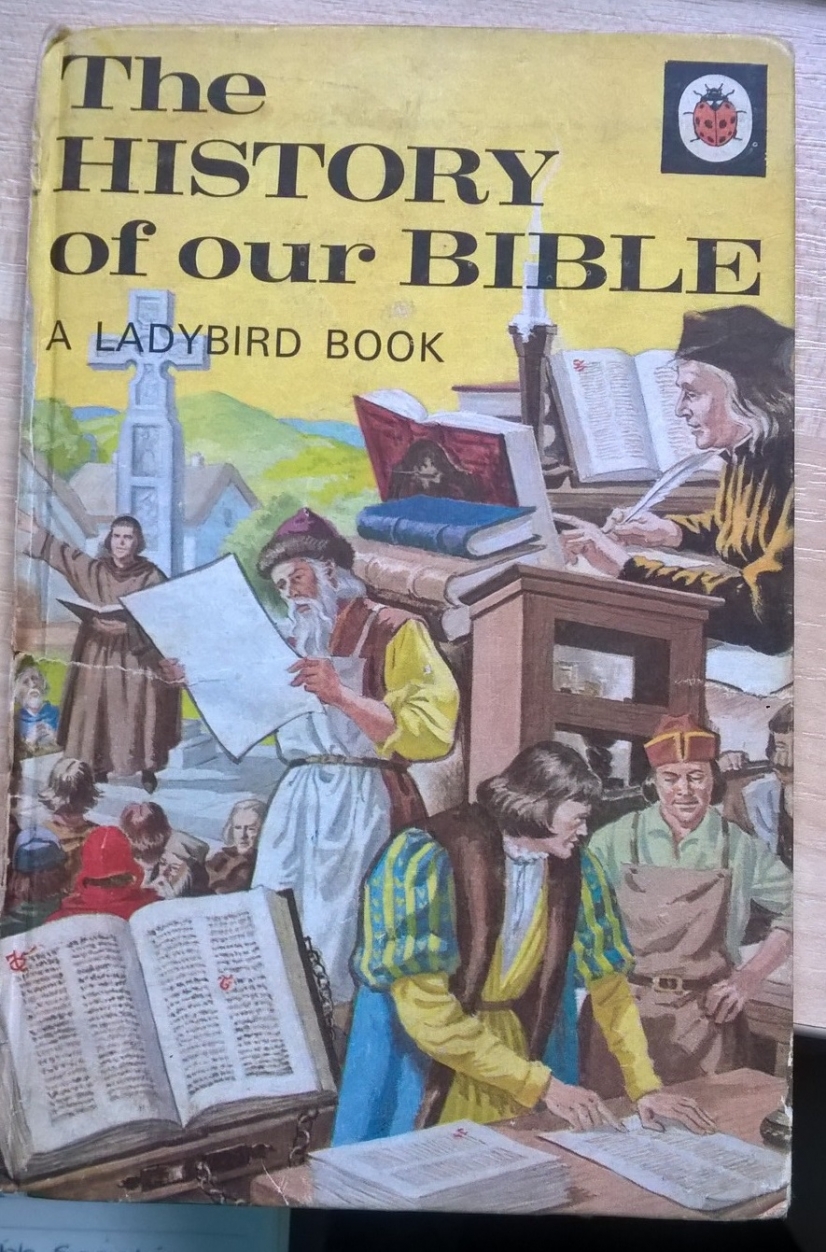Week 3, discussion starters...
Going Deeper with Mari Jones – Some Questions to Ponder or Discuss
My Own Story
Mari (Mary) Jones is someone whose ‘story’ consists almost entirely of how she came to buy a Welsh Bible from Reverend Charles in Bala, and how that encounter affected him. Thereafter, she lived a very ordinary life, working as a weaver, bringing up a family and keeping bees.
- Most of us would describe our lives as very ‘ordinary’ yet there will have been significant moments or events that shaped us. Can I identify something significant in my own story?
- Mari never moved more than a few miles from the tiny village where she was born, and seems to have lived a quiet life. What encouragement can I draw from that?
- Who are the Mari Jones type people I’ve known, whose stories are unknown or untold, but whose lives have made a difference?
An Achievable Goal
The young Mari dreamed of learning to read and of owning her own Bible. She worked hard to do that, attending school lessons when they became available, walking many miles to read a Bible owned by a farmer’s wife, and undertaking chores for which she was paid a penny or two. It took a long time to save up the 3/6 (17 ½ p) to pay for her Bible, and she then undertook at 26 mile walk to Bala to buy one.
- Whilst a challenging goal, this was one that Mari could achieve with hard work and determination. What kind of goals (if any) do I set for myself? Are they short, medium or long term?
- How persistent am I in pursuing my goals? What one thing might inspire me to deny other pleasures, take on extra work and save for a long time?
- The farmer’s wife and others helped Mari by giving her paid work. How could I help a young person achieve a goal to which they aspire?
A Living Word?
As Baptists, we consider the Bible to be very important in informing our beliefs and our practices as followers of Jesus. Throughout the centuries, people have worked hard to make this book available to people in their own languages
- What part does the Bible play in my own life? If I read it, what does that involve? What helps me to make sense of it?
- What timeless truths and/or ethical principles do I find in the Bible? How do I live them out?
It’s OK to be Ordinary
Mari’s story is simple and brief, and most of her life was very ordinary, yet it continues to inspire individuals and organisations.
- How does affect the way I think about myself or others?
- What one thing will I take away from today, to encourage me in the days ahead?

